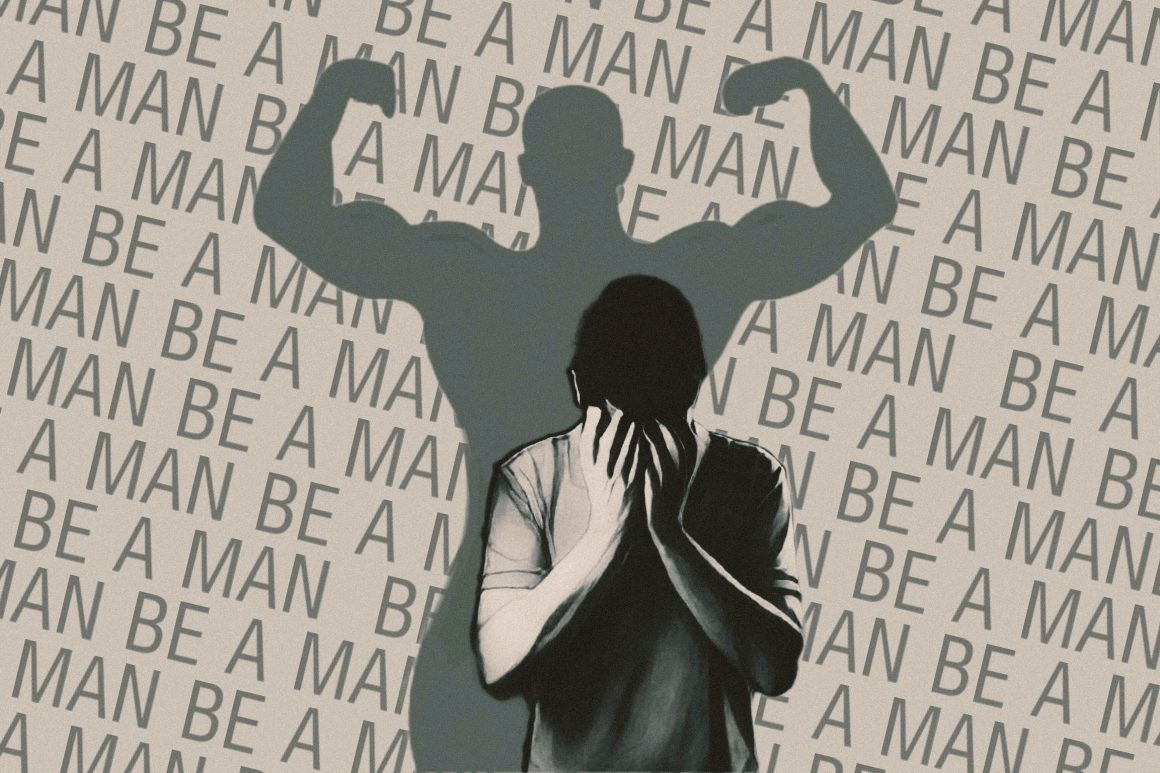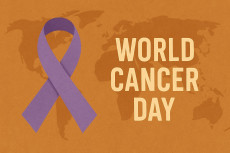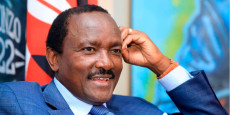- Many young men silently battle mental health challenges but fear being judged if they speak up.
- Because of this silence, more men are facing stress, depression, and even suicide.
- Yes, boys do cry. And that’s perfectly okay.
For years, society has expected men to be strong, silent, and tough. From a young age, boys are told things like “man up,” “don’t cry,” or “be a man.” But behind those quiet faces are real emotions—emotions many are afraid to show.
John, a 23-year-old university student, knows this all too well. “There was a time I felt completely lost. I was dealing with school pressure, family expectations, and a breakup. But I couldn’t talk to anyone. I thought people would see me as weak,” he shares.
Instead of opening up, John kept everything inside. He stopped going to class, avoided his friends, and began drinking to escape the pain.
“It almost destroyed me,” he says. His turning point came when a close friend noticed something was wrong and urged him to see a counsellor. That’s when healing began.
John’s experience is not unique. Many young men silently battle mental health challenges but fear being judged if they speak up.
Read More
According to mental health experts, men are less likely than women to express emotions or seek therapy. Dr. Lydia Achieng, a psychologist in Nakuru, explains, “Many men feel ashamed to say they’re not okay. But asking for help is not weakness—it’s strength.”
Because of this silence, more men are facing stress, depression, and even suicide. But slowly, the stigma is being challenged.
Social media has become a powerful tool for change. Some male influencers and celebrities now openly share their mental health journeys. Local artists, athletes, and student leaders are using their voices to encourage others.
“I used to think therapy was for broken people. But it helped me find peace,” one student leader said at a campus wellness event.
Some universities have started mental health clubs where students can talk and support one another. Peer counselling programs are creating safe spaces for young men to speak freely and without shame.
Still, there is more to do. We must teach boys from a young age that having emotions is normal. Crying is human. Asking for help is brave.
Families and schools play a big role. We need to change how we talk to boys. Instead of saying “don’t cry,” we can ask, “what’s wrong?” Instead of mocking fear, we can offer support.
As John now says, “I’m learning that it’s okay not to be okay. And it’s okay to talk about it.”
Ending the stigma around men’s mental health won’t happen overnight. But each honest conversation, each safe space, and every brave voice brings us closer to a healthier and more compassionate society.
Yes, boys do cry. And that’s perfectly okay.












